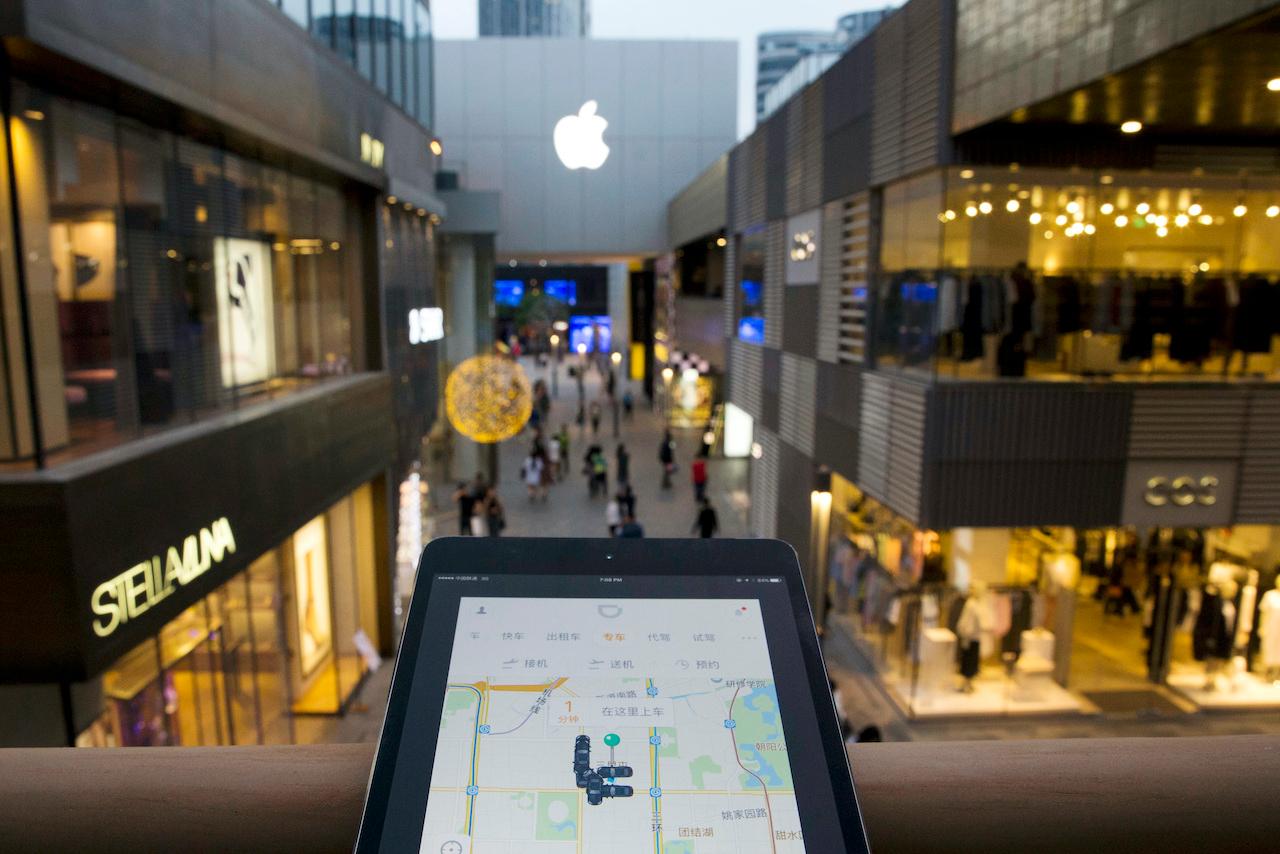Chinese ride-hailing giant files to go public in US
US mega-corps Apple and Uber are already substantial investors in Didi Chuxing.
Just In
China’s biggest ride-hailing firm, Didi Chuxing, has filed papers to become a publicly listed company in the US.
The Chinese giant is backed by some of Asia’s largest technology investment firms, including Softbank, Alibaba and Tencent.
The number of shares to be offered and the pricing have not yet been revealed, reports the BBC.
However, the company could raise around US$10 billion and seek a valuation of close to US$100 billion, sources familiar with the matter told Reuters.
Such numbers would make it the biggest share offering in the US by a Chinese company since 2014, when e-commerce giant Alibaba raised US$25 billion.
Didi has a mobile app, through which users can hail taxis, privately owned cars, carpool, and buses in 500 cities across China.
It also has interests in electric vehicle charging networks, fleet management, and car manufacturing.
Didi is also exploring self-driving vehicles, saying it plans to operate more than a million autonomous taxis in places where ride-hailing drivers are less available by 2030.
It has expanded into 15 countries, notably Hong Kong, Japan, and Taiwan but China remains its biggest market.
Didi did reveal slower revenue growth as a result of the Covid-19 pandemic in its filing, 9% lower than the previous year.
However, as China opened up, the company has recovered strongly. Revenue more than doubled between January and March, compared to the same period last year.
Didi already has its fair share of investors. In 2016, US tech giant Apple ploughed US$1 billion into Didi in an unusually large and public investment – thought to be related to Apple’s development of autonomous vehicles.
US ride-hailing giant Uber also has a stake – 12.8% of shares – after it retreated from China in 2016, selling its ride-hailing business there to Didi.
Didi however, has also had its share of controversies. In its filing, it mentioned two cases that caused a public outcry in China.
In May 2018, A 21-year-old woman was killed in Zhengzhou after using Didi’s Hitch service, which pairs up commuters heading in the same direction.
Then in August, a 20-year-old woman was raped and murdered in Wenzhou while using Didi’s ride-hailing service.
The founders of Didi called the cases the company’s “darkest moment” and suspended the carpooling service for more than a year to improve protection for riders and drivers.
Didi is the latest Asian tech giant to court Wall Street for investment.
Earlier this year, Singapore’s biggest ride-hailing app Grab struck a US$40 billion deal through a special-purpose acquisition company to go public in the US.
Subscribe to our newsletter
To be updated with all the latest news and analyses daily.
